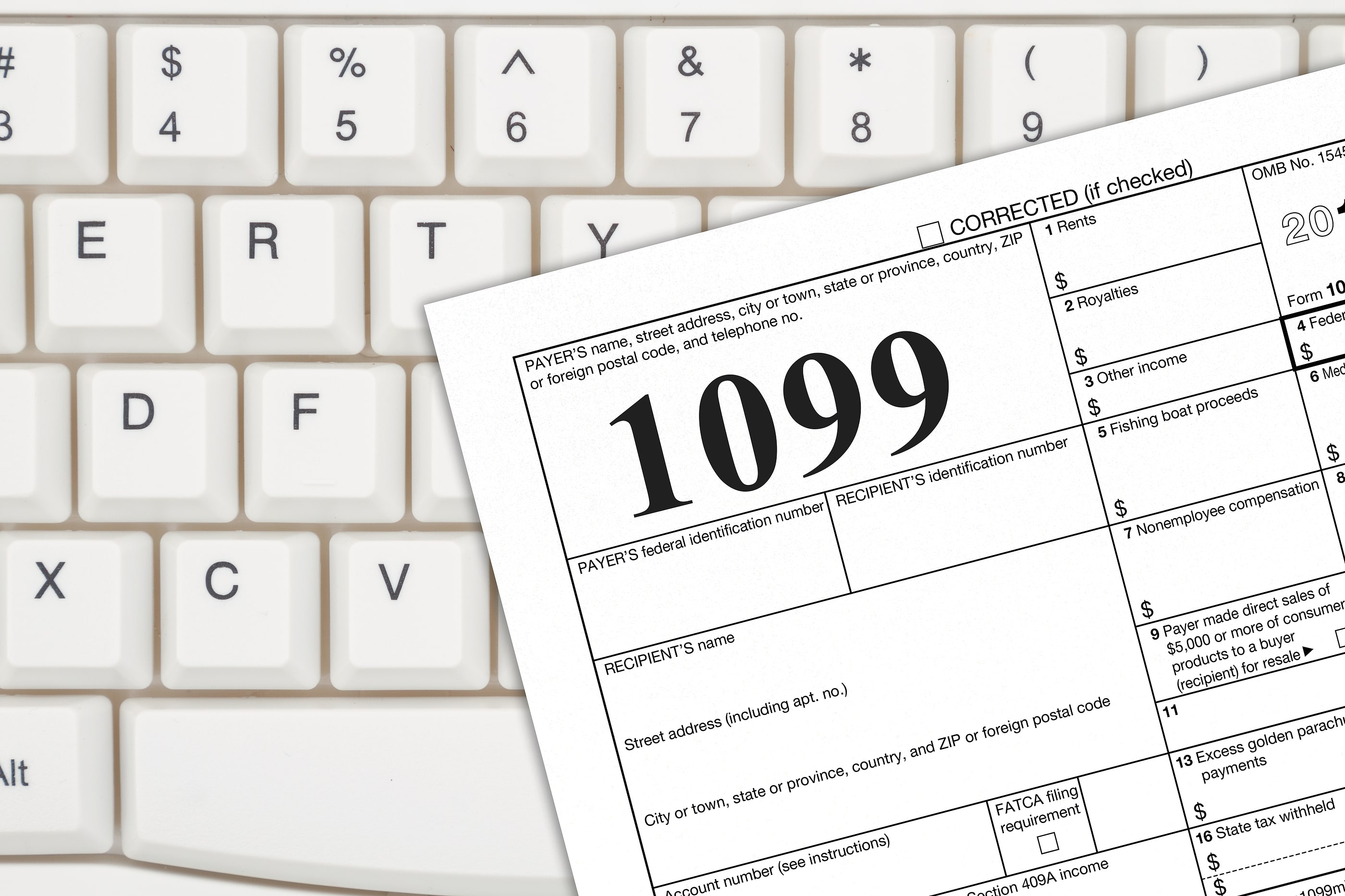Death and taxes. So much has been said about the certainty of the two. Yet it seems like we talk much more about dreading the time for the latter. That may be even more true for those in business and investing. Even the most adept of property owners can get a chill up their spines when it comes to dealing with taxes.
If you’re a landlord in Miami, you want to make sure that the taxes on your property are handled correctly. Especially if you’re new to property investment, or an accidental landlord. Having a property manager helps in running your property, but there are also extra layers to this to account for.
All of this can make it overwhelming when time comes to file. But Pristine Property Management has been around the block a few times when it comes to tax time for rental properties. That’s why we’ve put together this guide to tax time for landlords and how to handle 1099s.
Tax Strategies for Miami Landlords
The two foremost steps to take when dealing with taxes on your Miami property is keeping and accurate records and filing your taxes promptly. Failing at either of these can lead to costly mistakes and land you in hot water with the IRS.
As soon as tax season opens and you have the necessary documents, start the filing process. Waiting until the deadline like so many Americans do can cause you to rush through it and make errors in the information input. Organized financial records will ease the burden as well and ensure your tax information is complete and accurate.
Don’t ever just rely on yourself for tax time either. A tax professional can and should be seen. Not just for accuracy’s sake, but also for the money you can save yourself. So many aspects of property management can be deducted, such as repair costs, depreciation, and office expenses. A knowledgeable tax professional can help you capitalize on all the deductions you are eligible for.
What are 1099 Forms and Why are They Important for Landlords?
IRS Form 1099 is a form used to report self-employed income as well as income earned from interest and dividends. The important thing to keep in mind about this form is that the individual actually making the payments is the one responsible for filing this form.
The most common example illustrating this is the income generated from rent payments a tenant pays a landlord. If a tenant pays you more than $600 a year in rent, you would provide them with a W-9 form come tax season. This would allow them to accurately prepare a 1099 form to report the income you earned from their rent payments.
These forms are not optional. If you received income in this way, the IRS requires timely filing of the 1099 form. Failing to do so can result in heavy penalties. There are deeper nuances to these forms as well that we’ll get into. A property manager can be a big relief for dealing with these nuances during tax season.
Form 1099 and Property Managers
So how does this work if a landlord has a hired property management company running their rental? It does work a little bit differently than the landlord-tenant relationship for taxes and 1099 forms. With a property manager, they provide the W-9 form to the landlord. The landlord then files a 1099 form to report payments made to the property manager in excess of $600 throughout the year.
The property manager is also responsible for filing 1099 forms for any contractors used for maintenance or other services on the property throughout the year. These are classified as a subset of the 1099 form. 1099 forms are typically divided into two types:
1099-MISC Form
This type of the 1099 form is used to report any income made from within the business. This commonly includes rent payments, healthcare for employees, or legal fees. It’s important to note that property managers do need to report this form for landlords if they collect rent in excess of $600 on their behalf throughout the year.
1099-NEC Form
This form, which became a requirement in 2020, is for reporting non-employee compensation. This form is also a property manager’s responsibility to file. It accounts for any payments made to maintenance companies or other service providers for work done on a property owner’s behalf.
Tips for Ensuring Accuracy of 1099 Reporting from Property Managers
If you have an experienced and trusted property manager, it takes much of the stress of tax time off your mind. However, it is still important to stay on top of deadlines and reports on your taxes. Clear and open channels of communication with your property manager is key here. You need to make sure you’re on the same page with deadlines and requirements.
When you do receive the 1099 from your property manager, always double check the information reported before it’s sent in. Human error is always a possibility, so giving it a final pass once received is always a good idea. If there are errors, report them to the property manager promptly so all timelines are followed promptly.
1099 Exemptions
There are a few cases where property managers or landlords are exempted from the 1099 tax form. For any non-LLC incorporated property owner, the 1099 is not required for the property manager. The same goes if you contract a non-LLC corporation to perform maintenance work or other services on the property.
For the landlord, if you own the property you are managing you are not required to report any work done in relation to the property. You are still required to report rent collected over $600 though. Remember to always consult a professional tax worker rather than addressing questions you have on your own.
Taxes, Property Management, and You
Tax time doesn’t have to be something you dread, especially if you and your property manager are properly prepared. Pristine Property Management is proud to offer personalized services to all property owners we partner with in the Miami and Fort Lauderdale areas.
Learn more about how we can help you address your property’s unique needs.

 Login
Login

